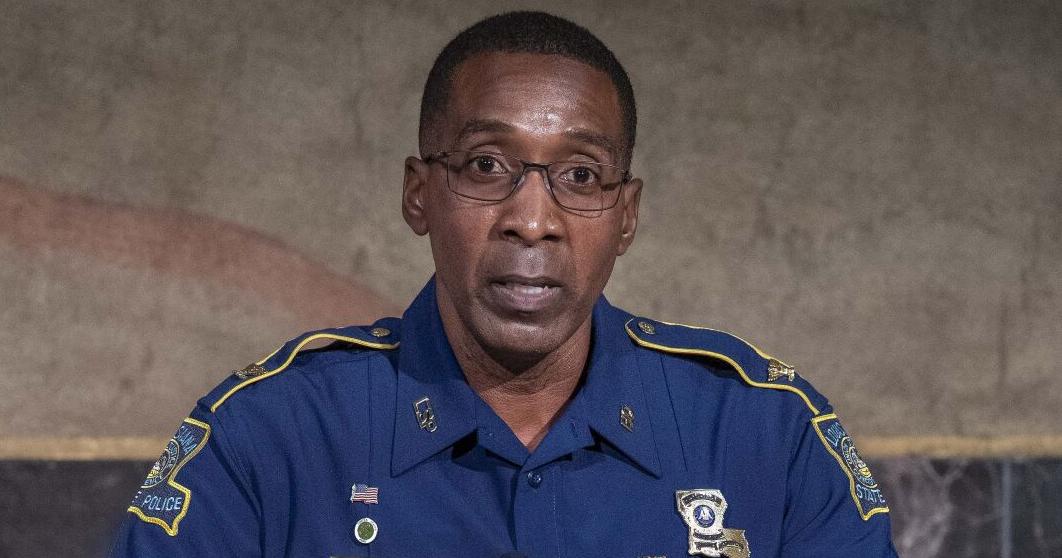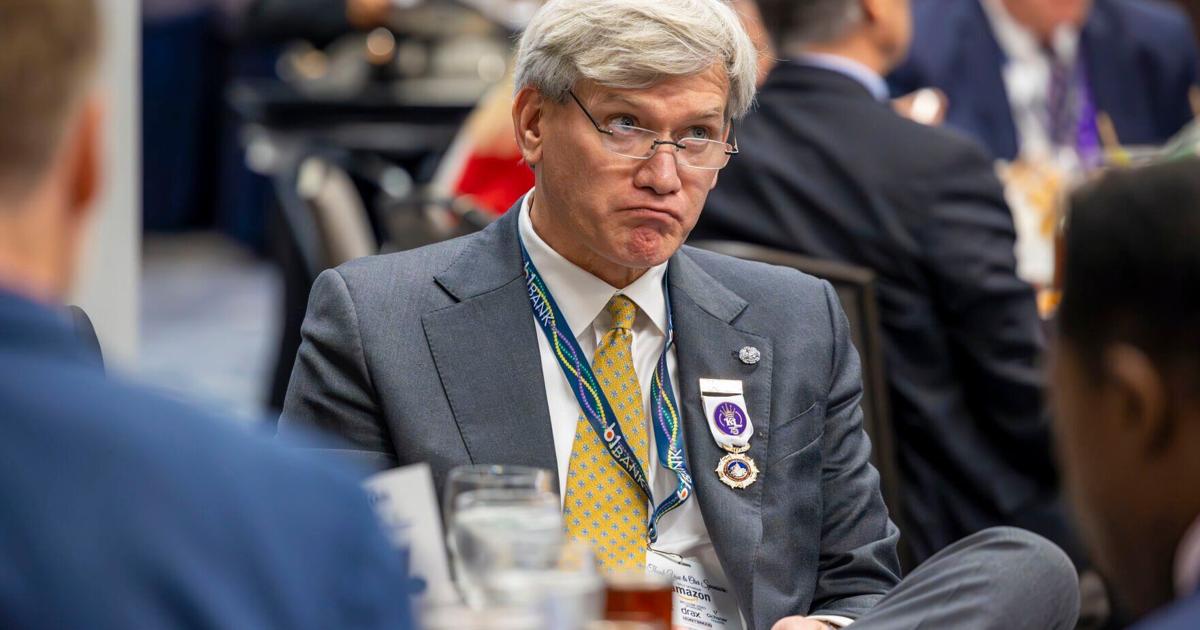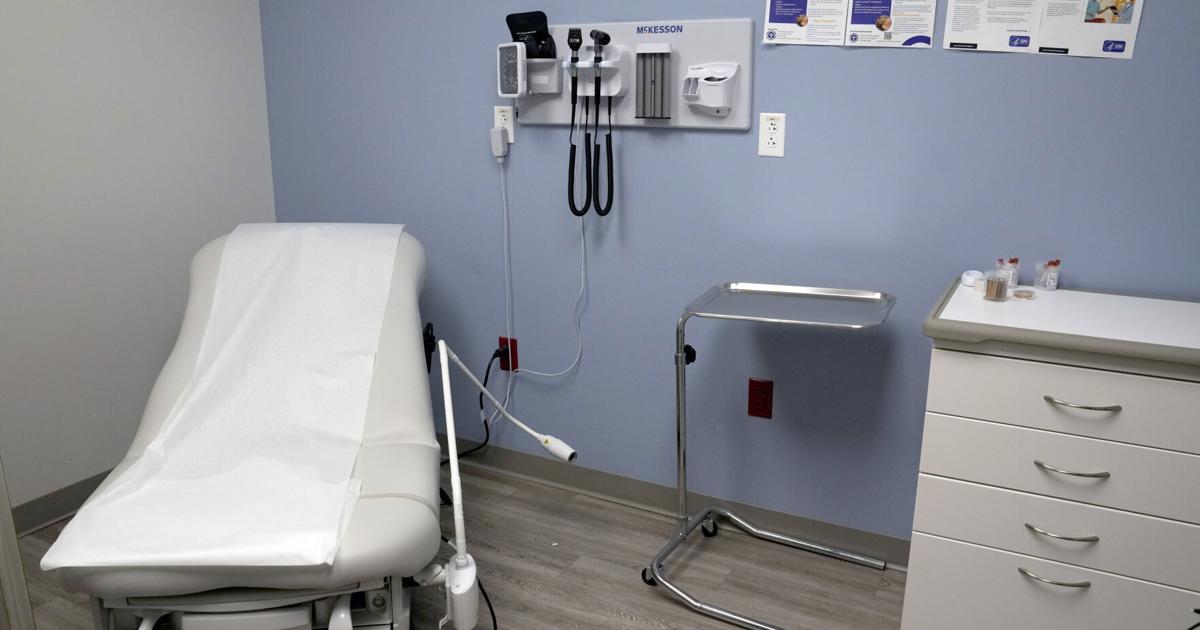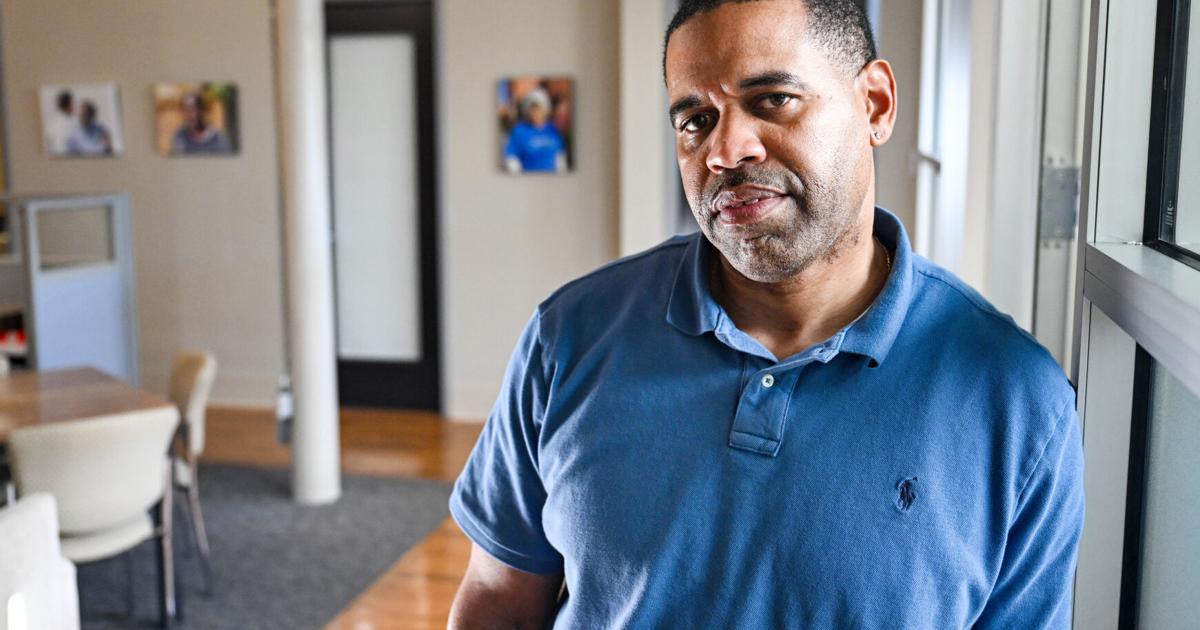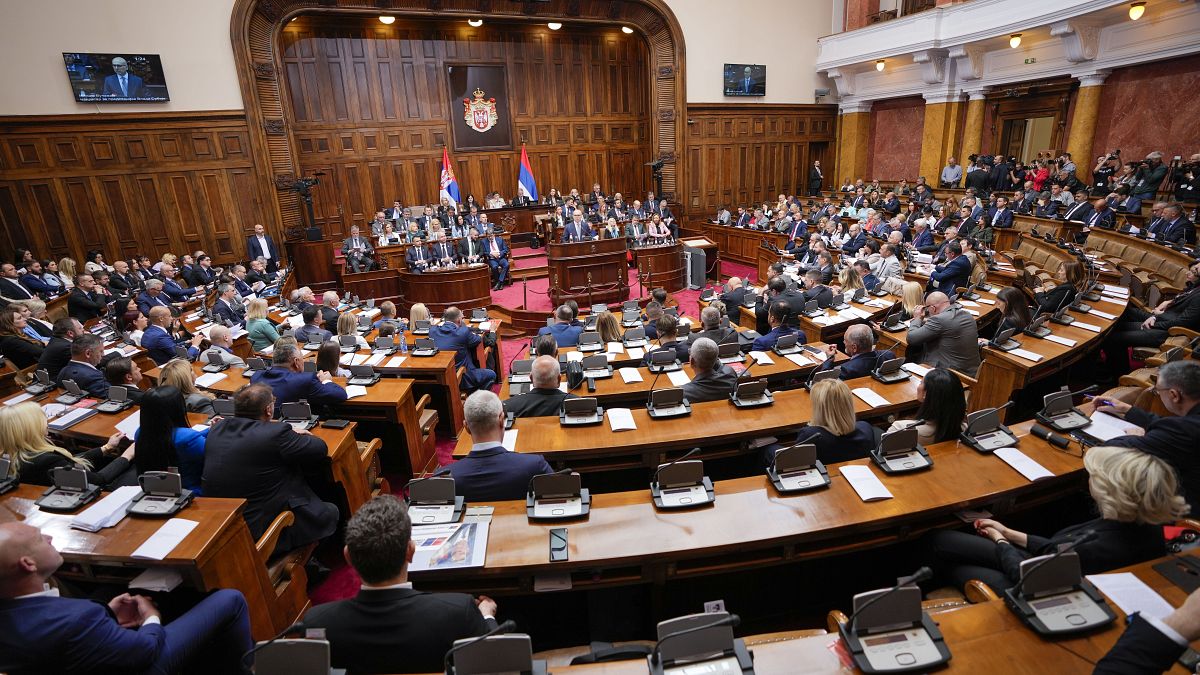Louisiana U.S. Sen. Bill Cassidy released a statement after awarding more than $52 million in grants from the Infrastructure Investment and Jobs Act to municipalities and gas utility districts during an event May 17 in Donaldsonville.
“This money will decrease the risk of explosion and decrease the amount of wasted methane which people are paying for, thus saving folks money,” Cassidy said in the announcement. “It also cleans up our environment. It’s a good investment of taxpayer dollars for the benefit of folks in Louisiana.”
In an effort to safeguard natural gas pipelines, nearly $1 billion will be awarded over a five-year span throughout the country with $392 million being awarded this year, the senator added.
As previously reported, the cities of Donaldsonville, Port Allen and Walker, the town of Berwick, and gas utility districts in East Baton Rouge, East Feliciana and West Feliciana parishes were grant recipients.
Similar funding was awarded last April with more than $27 million going to municipalities in south and central Louisiana.
Per Cassidy, the IIJA has awarded more than $9.1 billion to Louisiana since the president signed it into law in late 2021.
The funding has gone toward repairing bridges, building flood protection systems and extending broadband in rural areas.
Cassidy noted Donaldsonville Mayor Leroy Sullivan’s city received the largest grant, which was $20 million to replace 27.3 miles of natural gas infrastructure.
Sullivan said the gas line improvement grant from the Pipeline and Hazardous Materials Safety Administration “is a pivotal moment for the City of Donaldsonville.”
“Sen. Cassidy was instrumental in helping us secure this funding and we are deeply grateful for his unwavering support.,” the mayor said in the announcement. “This project is an investment in the future of our city and positions our community for continued growth.”
Gonzales Weekly Citizen and Donaldsonville Chief, part of the USA Today Network of Louisiana, cover Ascension Parish and the greater Baton Rouge area. Follow at facebook.com/WeeklyCitizen and facebook.com/DonaldsonvilleChief.

